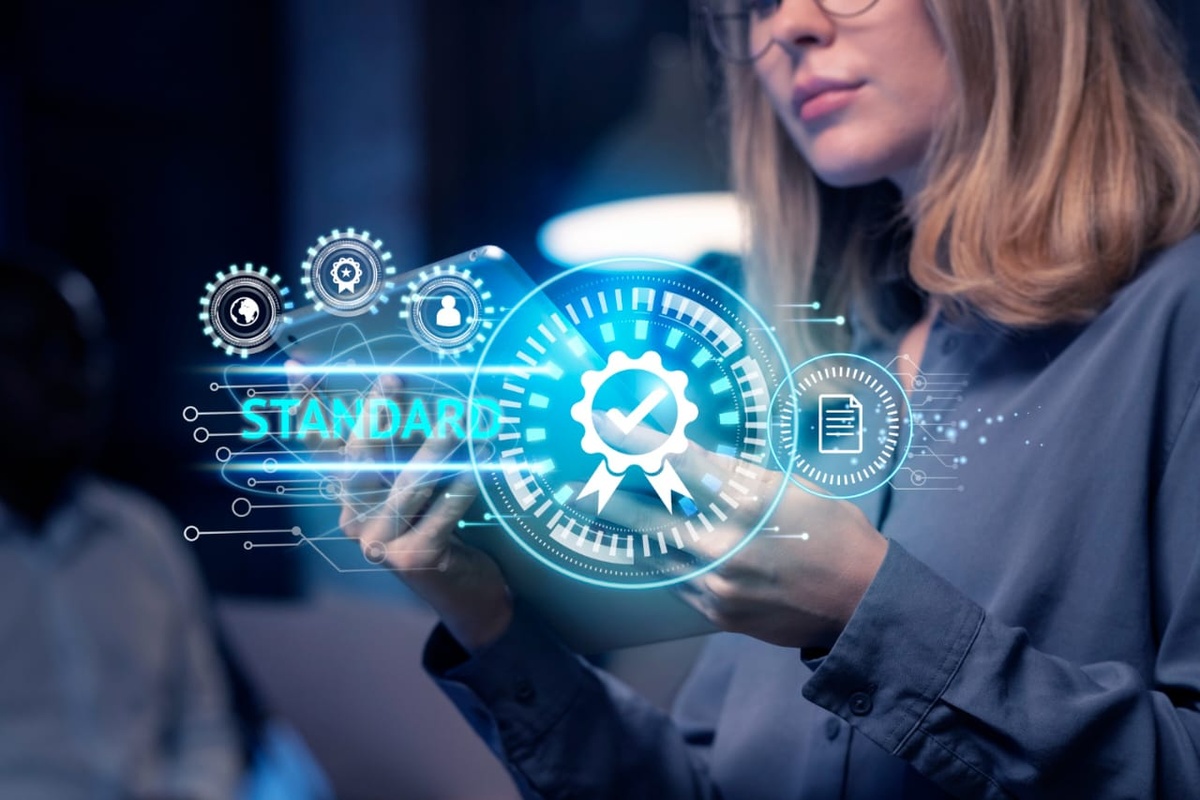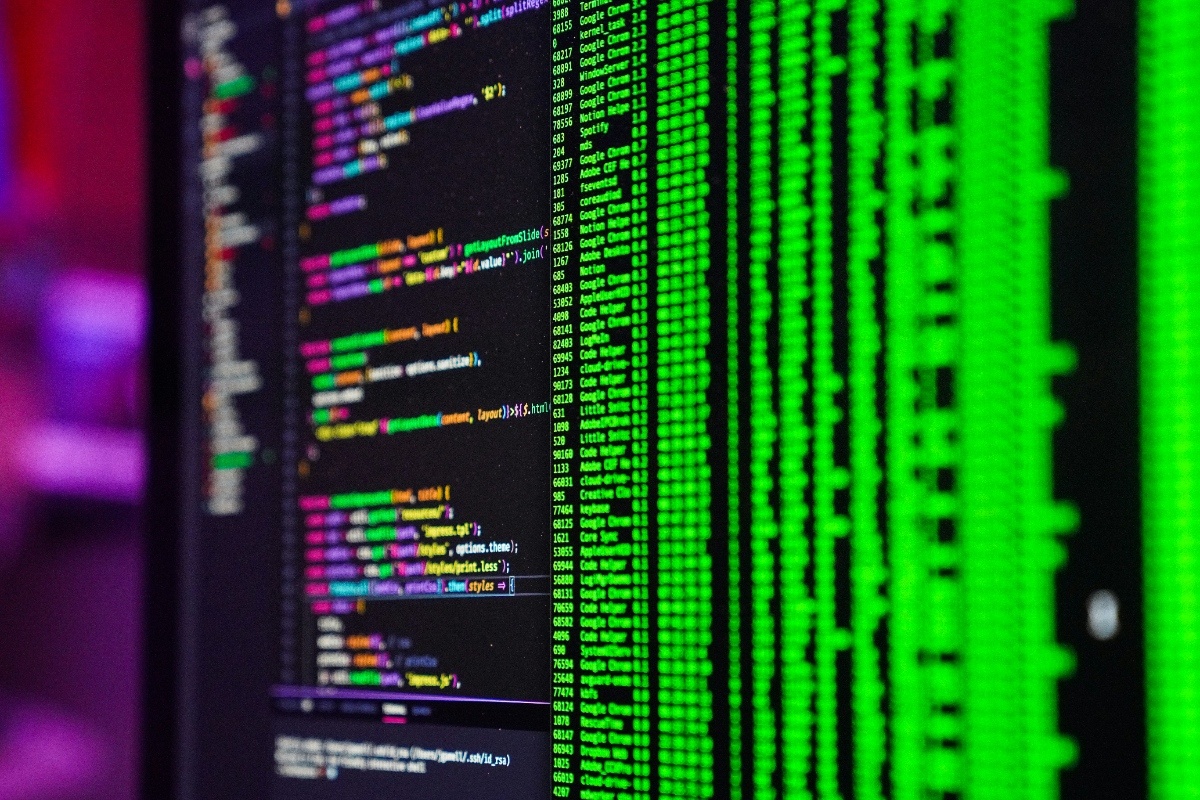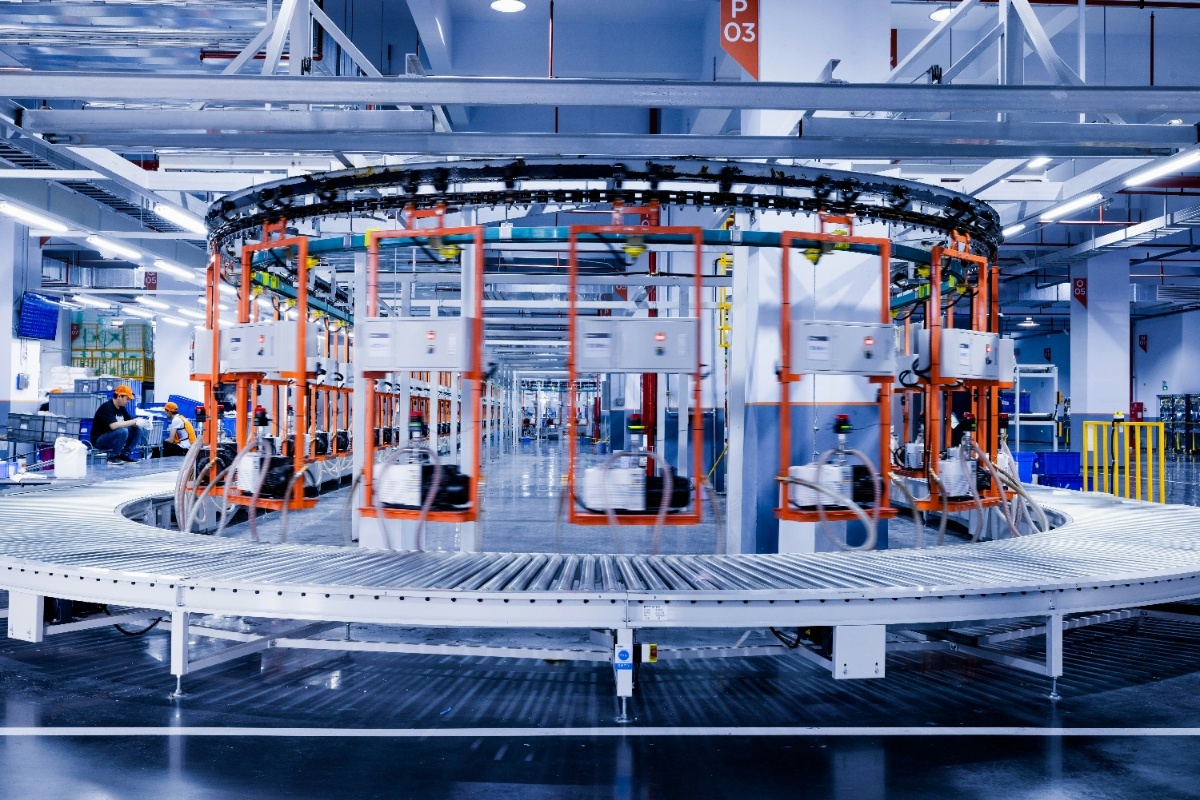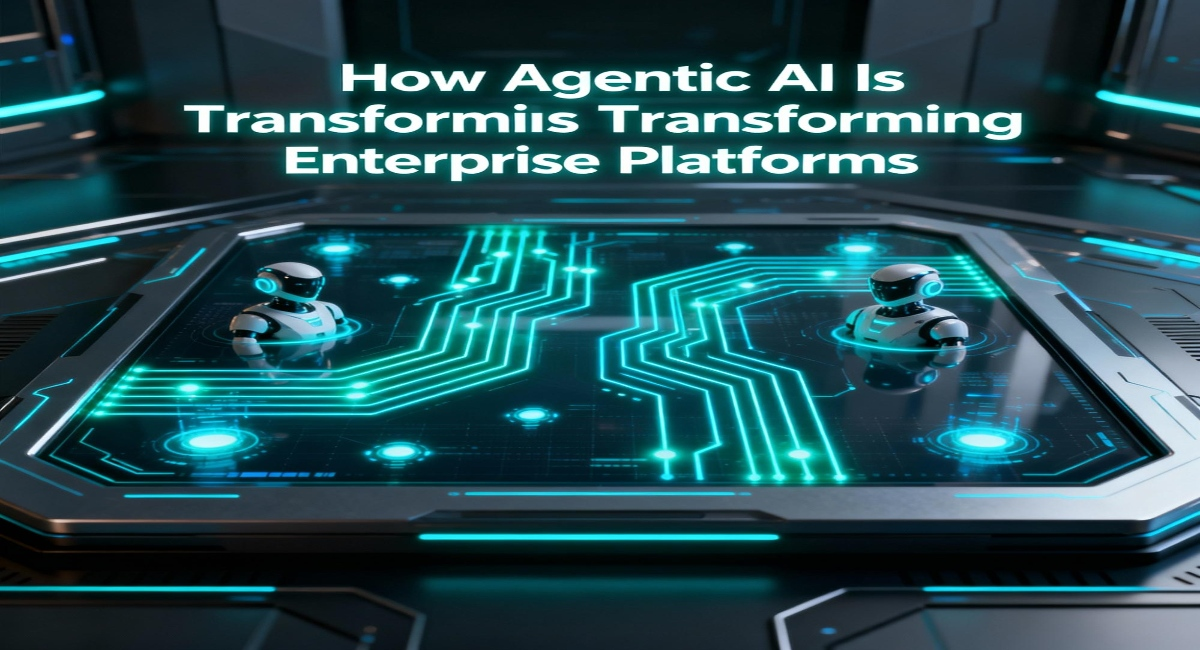Technology
Trending
- How Toca Boca is Transforming Digital Play into a Creative Lifestyle
IntroductionDigital play has become an inseparable part of modern life. For children, teens, and eve...
Artificial Intelligence (AI) is revolutionizing industries and impacting the future of work globally. It automates tasks, improves productivity, and introduces new career opportunities across sectors. Understanding this shift is vital.
As AI integrates deeper into business processes, it reshapes job roles, requiring adaptation from workers. While some jobs may disappear, new ones emerge, demanding different skills and mindsets. This transformation is ongoing.
The job market must evolve alongside AI advancements. Preparing the workforce with relevant skills and flexible attitudes will be essential. Governments and organizations play key roles in facilitating this transition effectively.
AI-driven Automation and Job Displacement
Automation powered by AI replaces repetitive, manual tasks traditionally done by humans. This shift results in job displacement in certain sectors, particularly manufacturing and data entry. The challenge lies in managing this change responsibly.
However, automation can also enhance worker efficiency, enabling employees to focus on more creative, strategic activities. AI complements human labor, allowing businesses to innovate while reallocating human resources.
Adapting to automation requires retraining employees for new roles. Reskilling and upskilling programs are essential to mitigate job losses and support workers in transitioning into emerging occupations shaped by AI technologies.
Creation of New Job Categories
AI’s rise generates entirely new job categories that never existed before. Roles like AI trainers, data ethicists, and machine learning engineers are increasingly in demand, highlighting the evolving job landscape.
These new professions require specialized knowledge and continuous learning. As AI technology grows more complex, workers need advanced education and technical skills to keep up with emerging trends.
Additionally, hybrid roles combining AI expertise with domain-specific knowledge are becoming common. Professionals who can blend human creativity with AI insights will thrive in this evolving environment.
Changing Skill Requirements in the AI Era
The future job market demands skills beyond traditional qualifications. Critical thinking, creativity, emotional intelligence, and complex problem-solving gain importance as AI handles routine tasks efficiently.
Technical skills such as programming, data analysis, and AI system management are highly sought after. Workers with these abilities will find better career prospects in an AI-integrated economy.
Soft skills remain crucial, especially for collaboration, leadership, and adaptability. The ability to learn continuously and embrace new technologies will determine workforce success in the AI-driven job market.
AI’s Impact Across Various Industries
Different industries experience AI’s impact uniquely. In healthcare, AI assists diagnostics and patient care, improving accuracy and efficiency while creating tech-oriented medical roles.
In finance, AI enhances fraud detection, trading algorithms, and customer service, demanding skilled analysts and AI specialists. Manufacturing uses AI for predictive maintenance and quality control, transforming production workflows.
Retail, transportation, and education also undergo transformations as AI personalizes experiences, optimizes logistics, and supports personalized learning, reshaping job functions and skill demands within these sectors.
Opportunities for Small Businesses and Entrepreneurs
AI democratizes access to powerful tools, enabling small businesses and entrepreneurs to compete with larger firms. Automated marketing, customer service bots, and data insights improve efficiency and growth potential.
Startups focusing on AI-based products and services are growing rapidly, creating jobs in innovation and software development. This fosters a dynamic, competitive business ecosystem.
Moreover, AI lowers barriers to entry in various markets by automating complex tasks, allowing entrepreneurs to focus on strategy, creativity, and customer engagement.
Ethical Considerations and Job Market Implications
The integration of AI in the workforce raises ethical concerns. Issues like bias in algorithms, job inequality, and privacy risks require careful regulation and oversight.
Ensuring AI systems are transparent and fair is essential to protect workers and consumers. Ethical AI development fosters trust and promotes inclusive growth.
Governments and companies must collaborate to create policies addressing these challenges, balancing innovation with social responsibility and protecting vulnerable populations from negative impacts.
The Role of Education and Training
Education systems must adapt to prepare students for an AI-influenced job market. Emphasizing STEM subjects alongside creativity and critical thinking is vital.
Vocational training and lifelong learning initiatives help current workers acquire new skills necessary for AI-era jobs. Flexible learning platforms and partnerships between academia and industry support this.
Governments investing in workforce development programs can reduce unemployment risks and enhance economic resilience, helping societies benefit from AI advancements sustainably.
AI and Remote Work Trends
AI-powered tools enhance remote work by improving communication, project management, and productivity tracking. This accelerates the shift toward flexible work environments.
Automation of administrative tasks allows employees to focus on meaningful, creative work, even outside traditional office settings. This shift supports work-life balance and inclusion.
Remote work powered by AI may also create global job markets, where talent from diverse locations collaborates virtually, increasing competition and opportunities worldwide.
Potential Challenges and Workforce Adaptation
Despite opportunities, AI adoption faces challenges such as resistance to change, digital divides, and uneven skill distribution. Some regions or populations may be disproportionately affected.
Managing workforce transitions requires proactive strategies including social safety nets, retraining, and inclusive policies. Collaboration between governments, businesses, and communities is crucial.
Adapting organizational cultures to embrace AI and human-machine collaboration fosters innovation and employee engagement, ensuring smoother integration of AI technologies.
The Future of Human-AI Collaboration
Rather than replacing humans, AI increasingly acts as a collaborator enhancing decision-making and creativity. This partnership leads to higher productivity and innovation.
Human skills like empathy, judgment, and ethical reasoning complement AI’s data processing strengths, enabling balanced and effective work outcomes.
Future workplaces will emphasize human-AI synergy, requiring workers to understand AI capabilities and limitations, and to leverage AI as a supportive tool.
Conclusion: Preparing for an AI-driven Job Market
The role of AI in shaping the job market is profound and multifaceted. Embracing AI’s benefits while addressing its challenges is essential for sustainable growth.
Continuous learning, ethical awareness, and adaptability will empower individuals to thrive in evolving work environments. Societal collaboration ensures that AI-driven progress is inclusive.
The future job market offers exciting possibilities if we prepare thoughtfully, balancing innovation with human-centered values to create meaningful work for all.
Recent Articles

About Admin
This post has been published by the admin of our website, responsible for content management, quality checks, and providing valuable information to our users.










